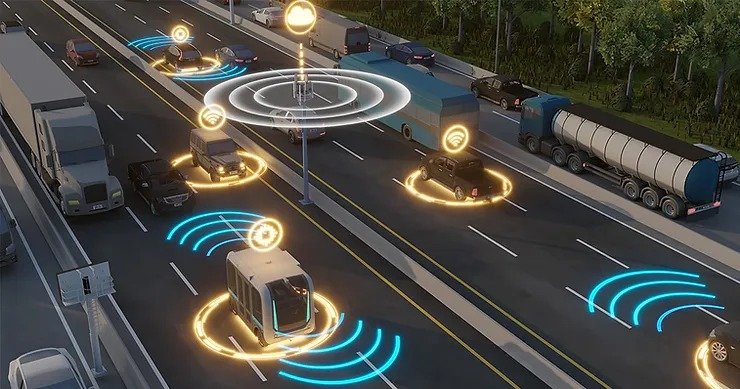Revolutionizing Transportation: The Impact of Intelligent Transport Systems

Transportation has always been a crucial aspect of human civilization, shaping the way we live, work, and interact. With the advent of cutting-edge technologies, the realm of transportation is undergoing a significant transformation. Intelligent Transport Systems (ITS) are at the forefront of this revolution, promising to redefine the way we move and commute, while enhancing safety, efficiency, and sustainability.
Understanding Intelligent Transport Systems (ITS)
ITS refers to the integration of advanced technologies into transportation infrastructure and vehicles to improve overall performance. From intelligent traffic management systems to the development of connected and autonomous vehicles, ITS is reshaping the future of mobility.
The Role of Connected and Autonomous Vehicles (CAVs)
Connected and Autonomous Vehicles (CAVs) represent a pinnacle achievement in the realm of ITS. These vehicles are equipped with state-of-the-art sensors, radars, and cameras, enabling them to perceive their environment and navigate with minimal human intervention. The rise of CAVs is not just about convenience but also holds the promise of significantly reducing accidents and congestion while optimizing travel time.
Enhanced Traffic Management and Control
In bustling urban environments, traffic congestion has long been a persistent issue. ITS is providing innovative solutions through advanced traffic management and control systems. Real-time data analysis and predictive modeling enable authorities to optimize traffic flow, reducing gridlocks and enhancing overall road safety. These intelligent systems also facilitate dynamic rerouting, providing commuters with the most efficient paths to their destinations.
Smart Infrastructure and Sustainable Solutions
The integration of ITS with smart infrastructure is another crucial facet of the transportation revolution. Smart traffic signals, adaptive lighting, and sensor-equipped roads enable cities to gather critical data for informed decision-making. Additionally, ITS promotes sustainable transportation solutions, encouraging the adoption of electric vehicles, public transit systems, and other eco-friendly modes of travel, thus reducing the environmental footprint of transportation.
Harnessing Data Analytics for Improved Efficiency
The power of data analytics cannot be understated in the realm of ITS. The collection and analysis of data from various sources, including vehicles, infrastructure, and users, enable transportation authorities to make data-driven decisions. Insights derived from these analytics aid in optimizing routes, predicting traffic patterns, and providing real-time information to commuters, thereby enhancing their overall transportation experience.
Prioritizing Cybersecurity in ITS
As the transportation sector becomes increasingly digitized, the importance of cybersecurity cannot be overlooked. Ensuring the security of data and systems in ITS is imperative to safeguard against potential cyber threats. Robust cybersecurity measures must be integrated into the design of intelligent transport systems to protect the privacy and safety of commuters.
Looking Ahead: A Future of Seamless Mobility
The journey of ITS is an ongoing one, with continuous advancements and innovations shaping the future of transportation. As technology continues to evolve, we can anticipate a future where mobility is seamless, sustainable, and safe. Intelligent Transport Systems are not just about improving how we move; they are about building a better, more connected world for generations to come.
Join us in the pursuit of a smarter, safer, and more sustainable transportation ecosystem with Intelligent Transport Systems.
